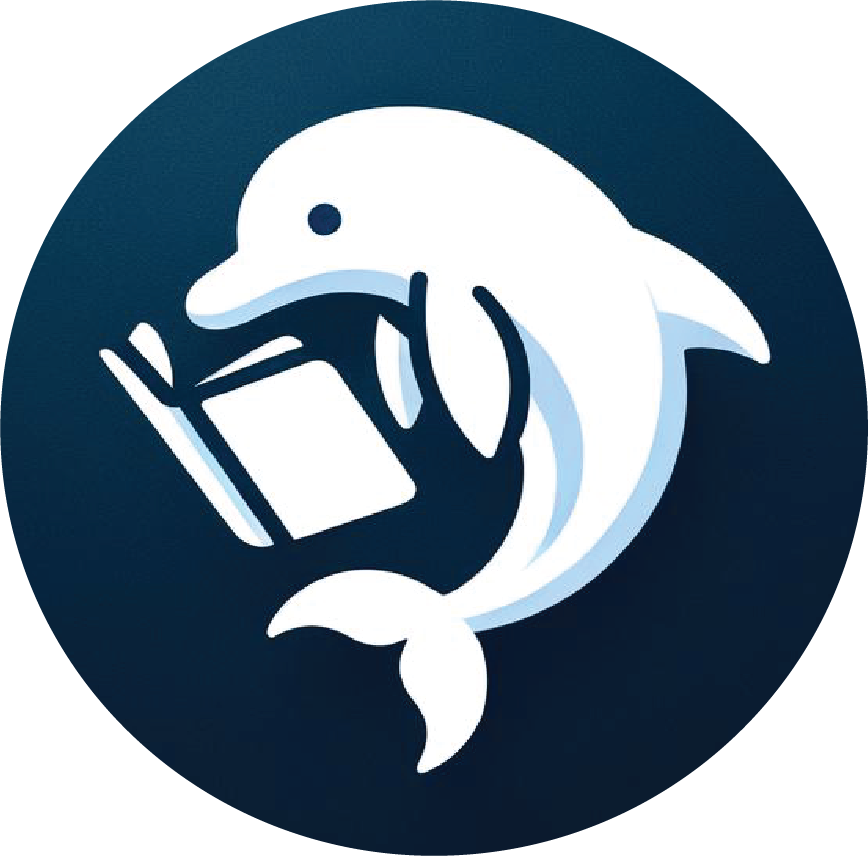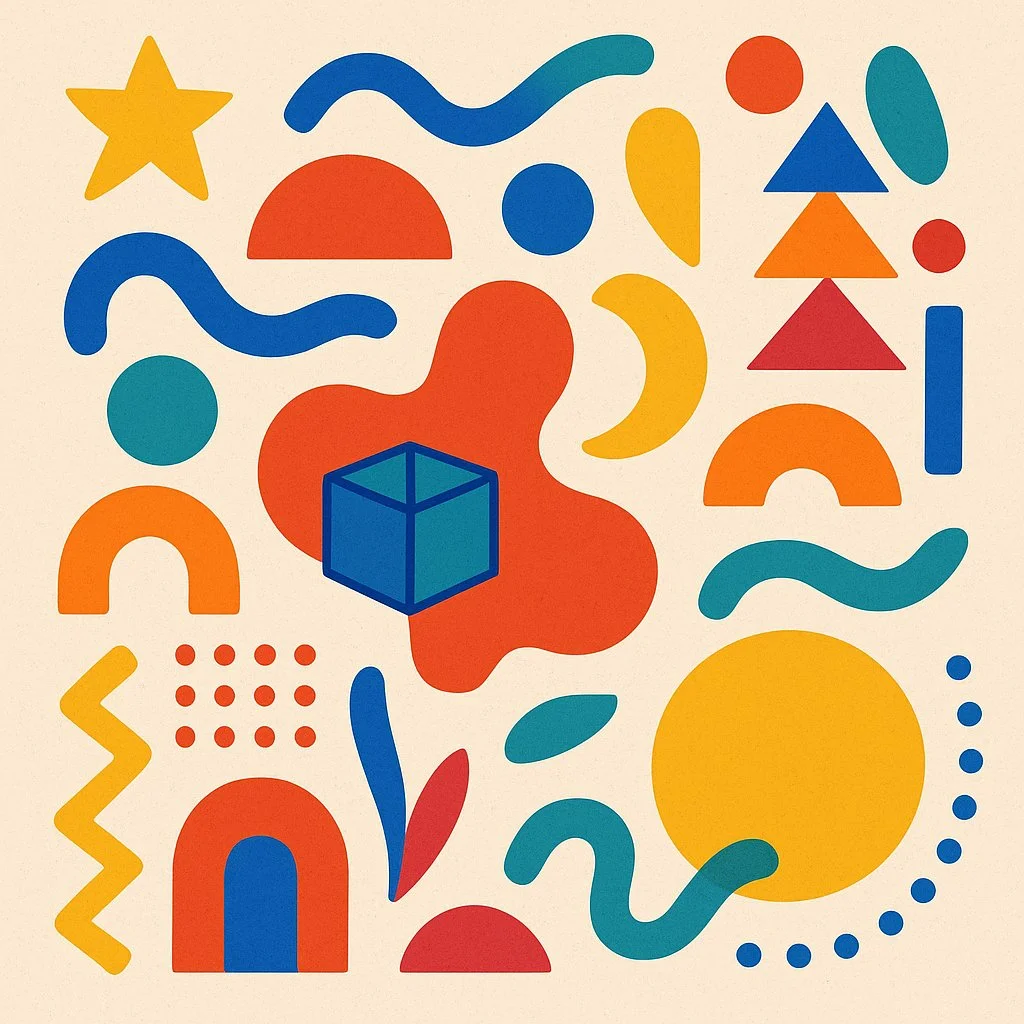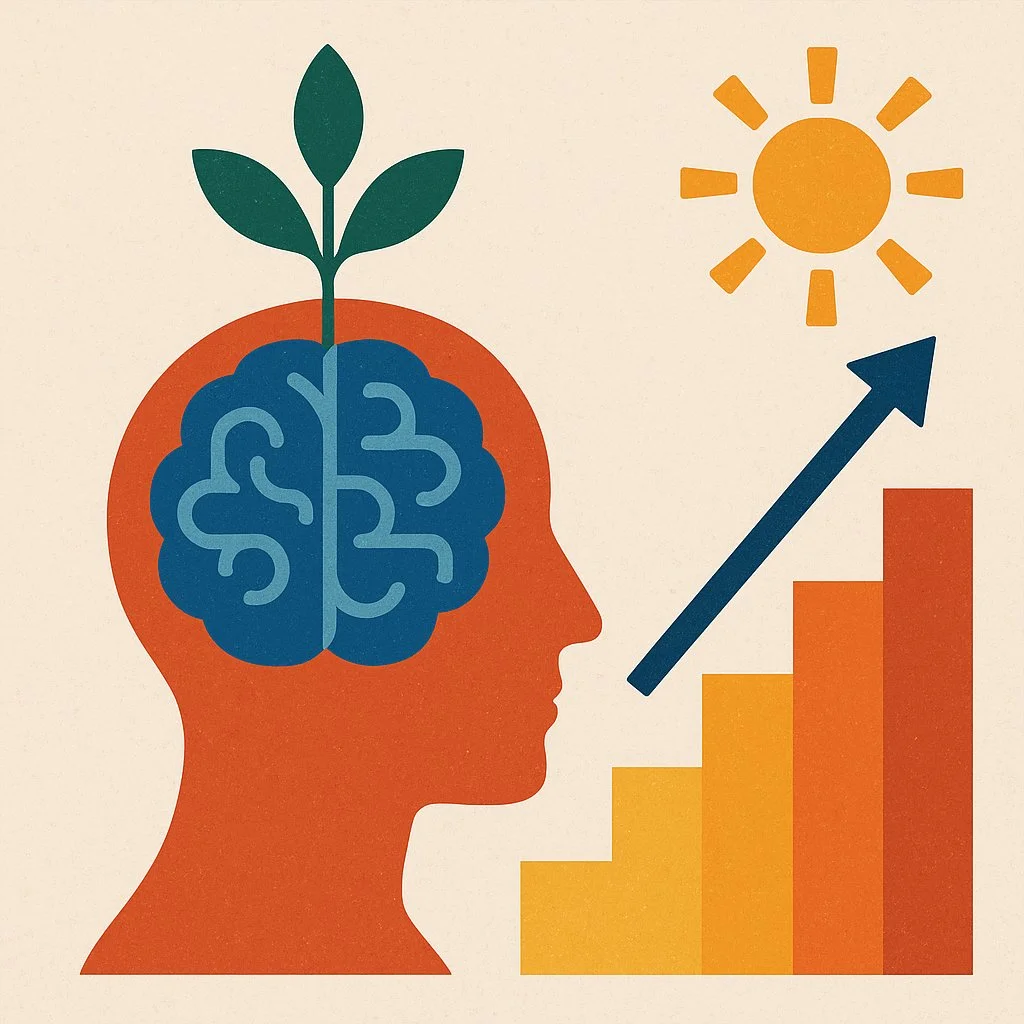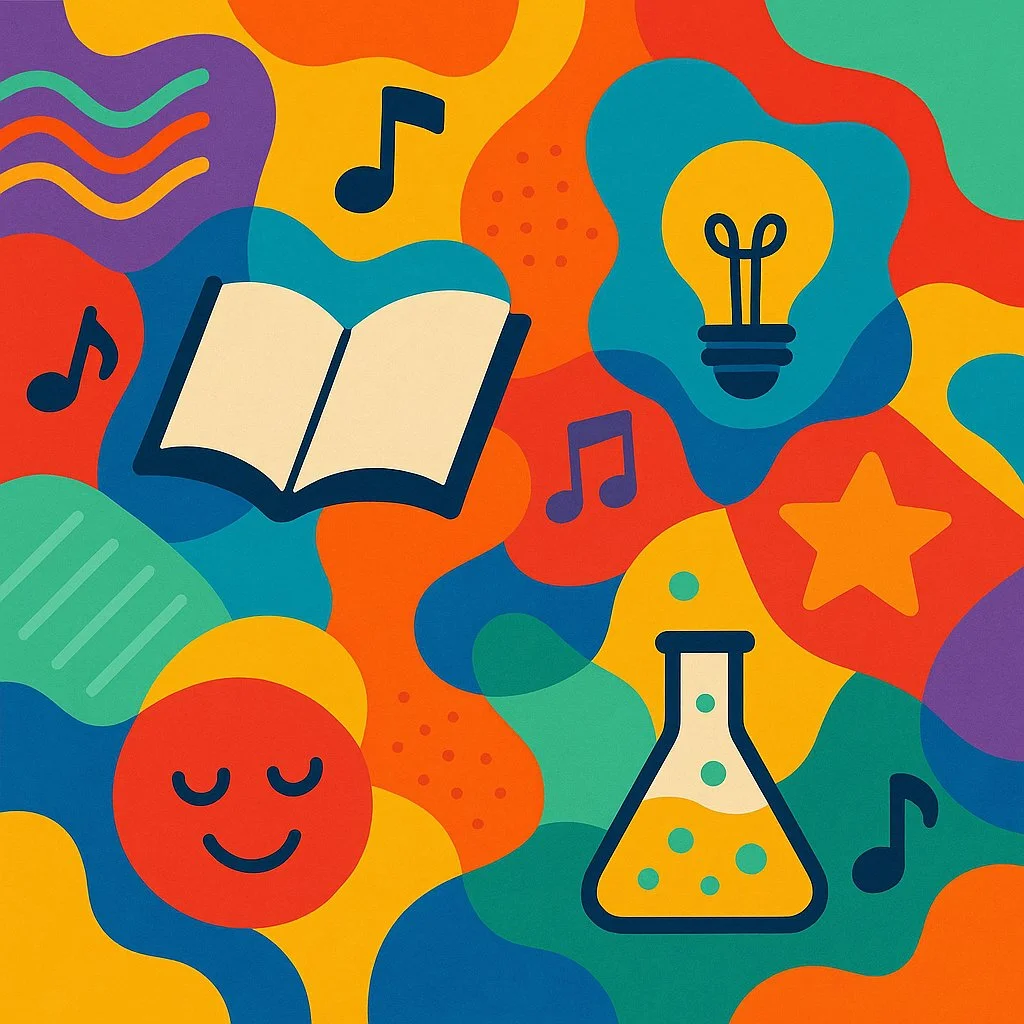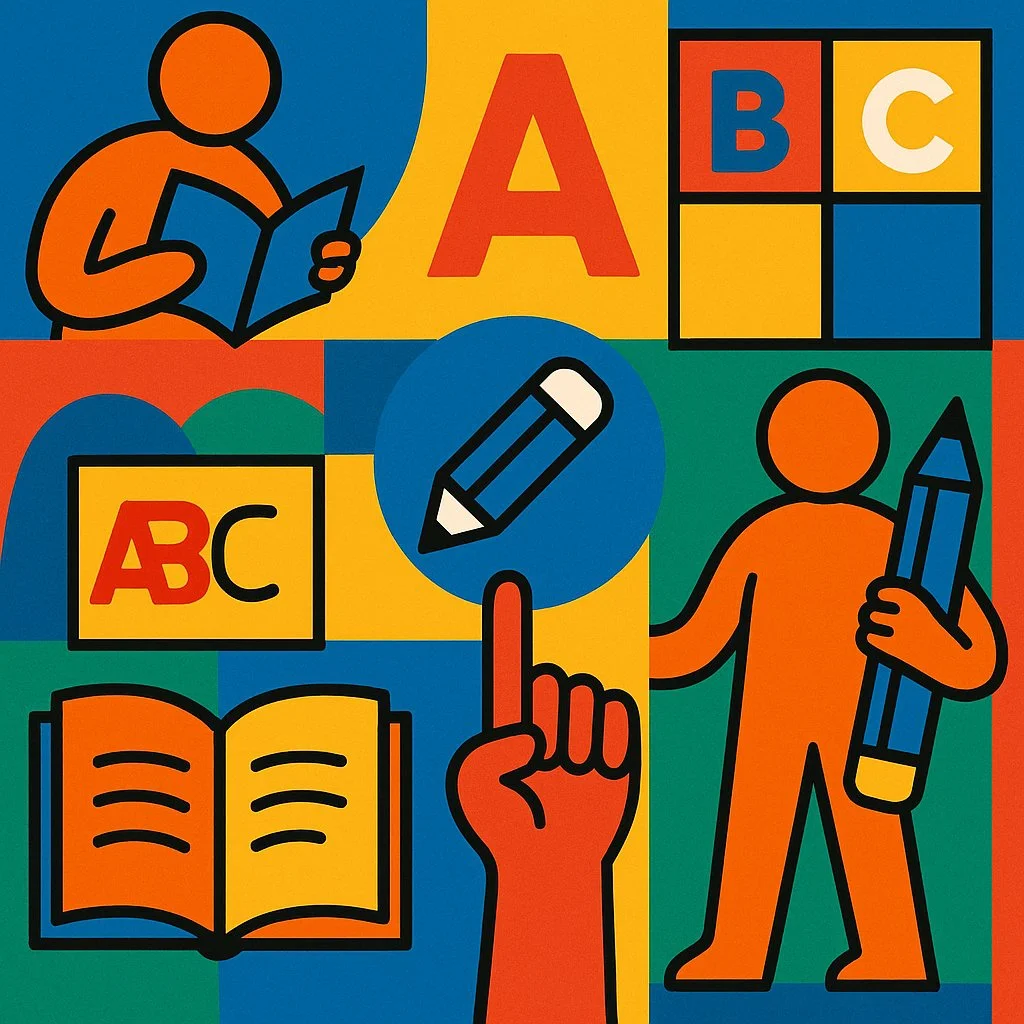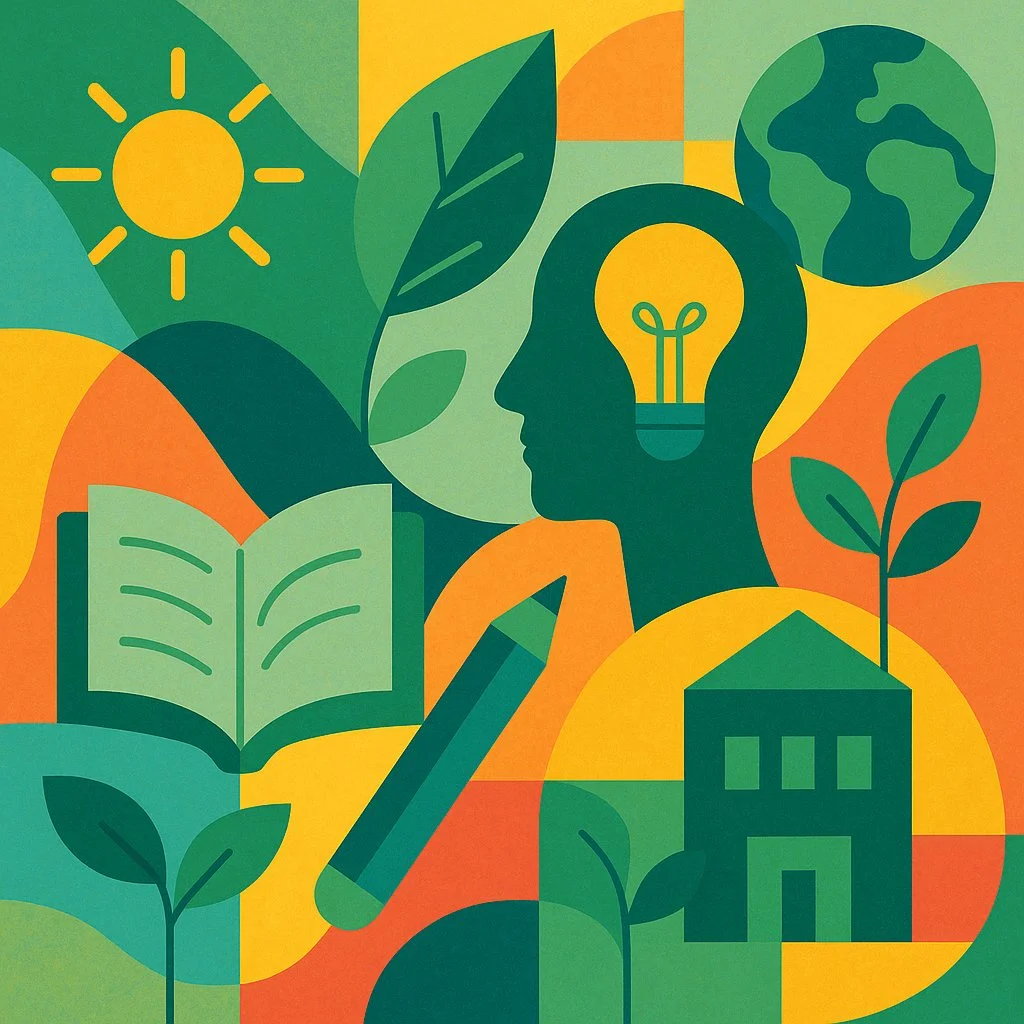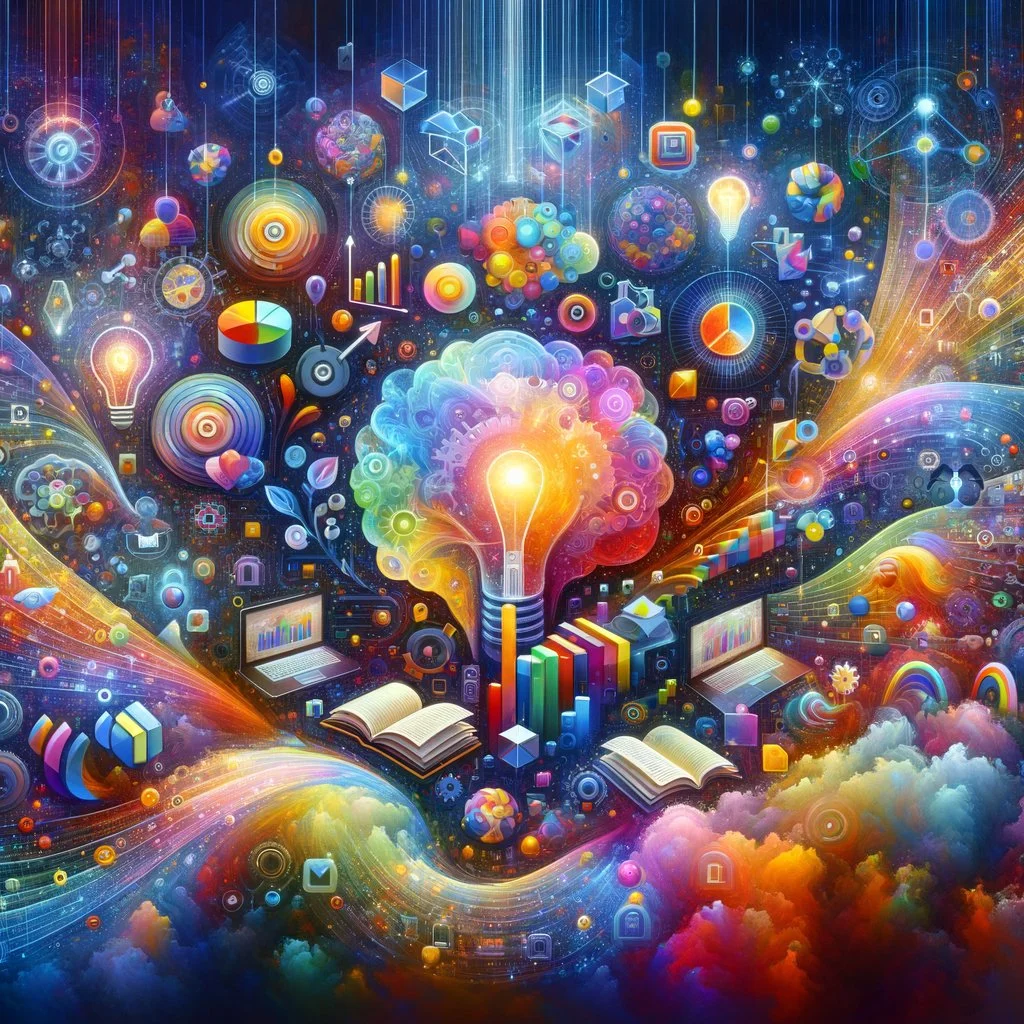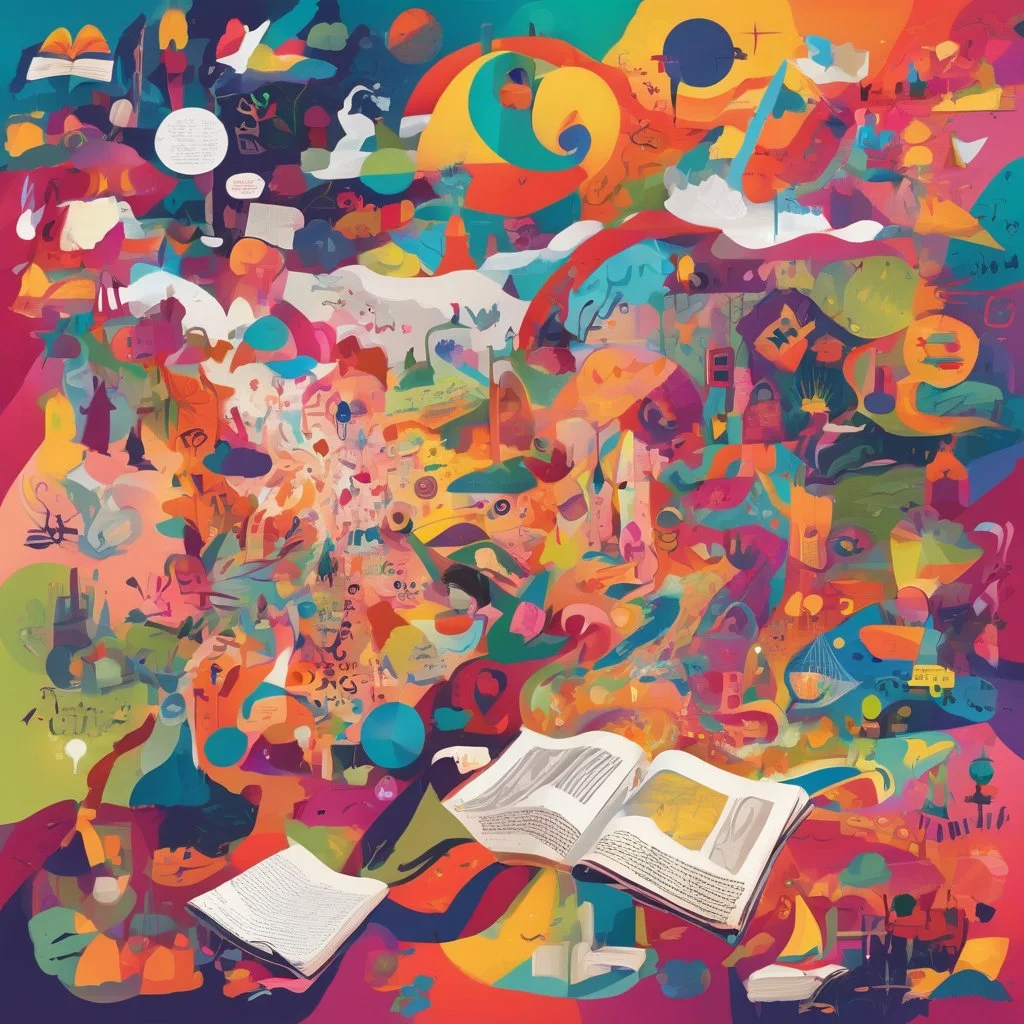Bridging Cultures & Reading Levels: Why Hi-Lo ESL Readers Matter More Than Ever
In today’s diverse classrooms, educators face a unique challenge: How do you engage English language learners with age-appropriate content while accommodating their developing language skills? The answer lies in high-interest, low-level (Hi-Lo) readers specifically designed for ESL students.
The Power of Play in Learning: Why play-based education works
Play isn’t just fun—it’s foundational. Backed by neuroscience and developmental research, play-based learning builds creativity, resilience, and critical thinking. Here’s why play belongs at the center of education.
How to Build a Growth Mindset for Lifelong Success
A growth mindset isn’t just a motivational phrase—it’s a research-backed approach to learning that fosters resilience, adaptability, and long-term success. Learn how to nurture it in students and yourself.
The Importance of Reading: How books shape young minds
Reading is a powerful tool that shapes young minds, builds empathy, and sparks lifelong curiosity. Discover why books matter and how to inspire a love for reading in children
Making Learning More Fun: Creative Teaching Strategies for Today’s Educators
Discover creative ways to make learning more fun with engaging activities and playful educational strategies that boost curiosity and motivation.
Foundations First: Why Basic Literacy Still Matters in a Digital Age
In a world increasingly powered by AI and digital learning, literacy remains a hidden crisis. Despite the rise of e-learning and smart tools, millions still struggle with basic reading and writing - often unnoticed behind the screens. This post explores why foundational literacy still matters, how it’s being overlooked in the digital age, and what we must do to ensure everyone is included in the future of learning.
Building a Greener Future: How to Make Learning More Eco-Friendly
In an age where sustainability is not longer optional but essential, reimagining how we learn can play a crucial role in shaping a greener planet. From reducing paper waste and embracing digital tools, to designing eco-conscious classrooms and promoting environmental literacy, the education sector has countless opportunities to lead by example. In this post we will explore practical, innovative ways to make learning more eco-friendly - whether in schools, universities, or online spaces. Because building a greener future starts with educating the minds that will shape it.
The Future of Education: How Technology is Transforming Learning
Education is undergoing a profound transformation, driven by rapid advancements in technology. From personalised learning powered by AI, to interactive and gamified experiences, the future of education is more engaging, accessible, and adaptive than ever before. Blended learning approaches combine the best of digital and in-person instruction, while innovations in sustainability and inclusivity ensure that education reaches all learners, regardless of background. As we embrace these changes, we move closer to a world where knowledge is not just acquired but actively experienced and applied - shaping a better future for all.
The Power of Stories: Why Teaching English Through Narratives Matter
Stories make language learning more meaningful and engaging. Instead of memorising isolated words, learners absorb vocabulary and grammar in context. Books like Monkey Banana Beginnings and Once Upon a Word: Simplified Fairy Tales for ESL Learners use repetition, visuals, and familiar narratives to reinforce language naturally. When students connect emotionally with a story, they retain new words more effectively - making storytelling one of the most powerful tools in education. Read more on eduphund.com
Lost Learning: Understanding it’s impact and preparing for the future
Lost learning refers to the setback students face when education is disrupted, leading to gaps in academic progress, social development, and emotional well-being.
